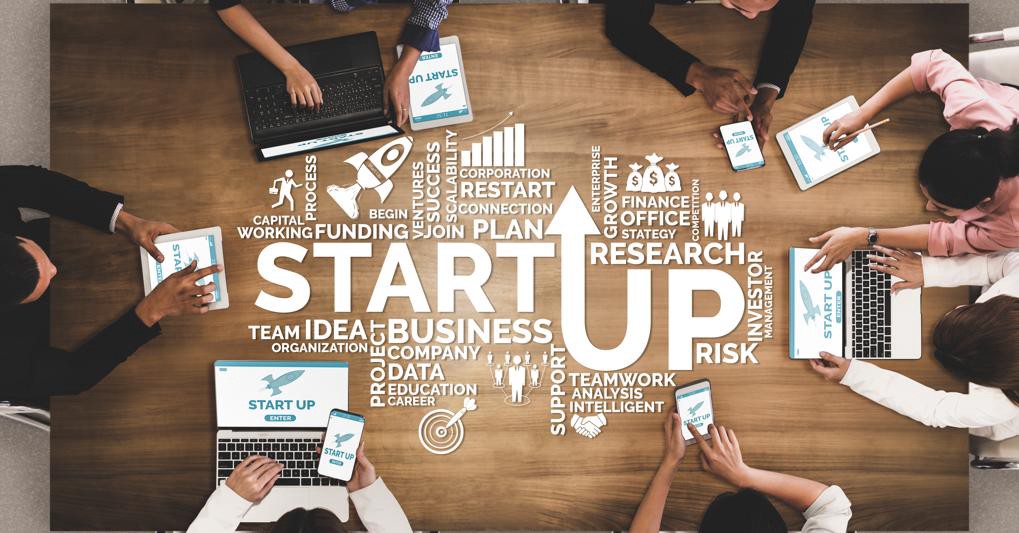Intro
Nine startups out of ten fail. You have heard this a million times, but in reality, the number of co-founders that abandon a project is higher than startups that fail for founding and growth reasons. But why quit your idea? It happens that co-founders leave their ship once they internally refuse to pivot the project, update the business model and restructure their product once reach an “advanced” stage of the project (which could even be months of work for the MVP building).
Join a startup is way easier than joining a well-established company, but at the same time, the risks of failure are high; In this article, I will share a set of questions that you must ask to collect any information needed to leverage your final decision about accepting or refusing an offer to work in a startup.

Questions to evaluate your offer
Below you will be shown vital questions to ask the startup co-founders to allow you to make a data-driven decision and avoid finding yourself in a not-structure project.
Team structure analysis
How is the current team structured?
Join early-stage companies without any team can impact both risks and effort needed, which, combined with your responsibility, will leverage your equities proposal acceptance.
If you are the first ever technical member of the team, and you found yourself being designed as head of the engineering team, you are a co-founder or at least running the same risks of co-founders also adding labour effort. This will impact your equities packages.
On the other face of the medal, if the technical team is structured, you should investigate everyone’s background to evaluate learning opportunities from experienced colleagues and correlated networking.
What is the co-founder's background?
Consider the background and skills of any co-founder. These factors may impact the project’s success.
One or a few ex-Senior Software engineers or technical managers exposes the company to a different network opportunity and technical background compared to co-founders without a specific ability and experience in any industry and startup funding.
Working with co-founders who have already lunched successful projects that went in exit with a profit for investors or companies that have reached already IPO stage is very reassuring, and can highly impact your final choice.
Does the company have a board team? If yes, who are they, and why have they joined the company / have been chosen?
Are the co-founders by themself, or is there also a board team composed of investors and mentors who may help the company to reach its growth goals?
If there is any board member, you should investigate if this is a random person who invested a few grants on the grandson’s idea or is involved in the industry/market where the company want to operate.
Product details and status of the product/services
What is the product /service, and what is the company's business model?
You need to know what exactly you will work on, and before making any conclusion, you will need to see the business plan.
How the company operates, critical partnerships, selling channels, and money earned.
What is the current status of the product?
Being very close to the lunch of the MPV, or having launched the MVP, will decrease the time needed for you and your company to monitor user and usage growth, selling, and investment status, key factors for you to leverage risks.
Joining at the very beginning of the project will require more effort and exposes you to other risks, which needs to be translated into more or fewer equities, or salary decision.
Is an MVP published already? If yes, when and what data has been collected regarding usage, conversion rate, and user costs?
Once the MVP is launched, you should understand the growth rate, your current earnings for users, and your costs, which indicates how much a marketing strategy costs to convert a single user.
Founding analysis
At which founding stage is the company?
The company’s assets have an impact on the scale-up of the company. A company in the pre-seed founding stage has a different experience and founding availability compared to a company already the Founding B, a sign that the product has been already tested in the market, and it attracts both users and investors.
What is the current source of funding (family, friends, VC, incubator)
If there is any investor, from where do they come from? This information will enable you to understand if the co-founders have experience in product pitch and investor research or if the first funding has been collected from more informal resources (family and relatives).
Competitors and market entrance strategy
You, as the co-founders, should be well aware of competitors and entrance strategy.
If the co-founder underestimates the competitor’s value with personal considerations like: ‘the User experience of this competitor is not that great, this could be a red flag. You need data. How much have competitors raised, their growth rate and partnership, their current evaluation, and in which product segment are we better than our competitors?
If co-founder is vague about competitors and differences of their product with the competitor’s one, I am sorry, but he/she may have no idea, and this is a lack of research done during the validation of the idea, way before the start-up would be created.
Exit strategy
Do you have an exit strategy? If so, what is going to be your exit price?
If an exit strategy is defined, this will enable you to forecast possible earnings out of the equities package. Mind that equities will be diluted in case of further company expansion and acceptance of new investors.
Conclusion
I hope the questions above will enable you to make better decisions and evaluate your next opportunity in the start-up world.
Instead, if you are a co-founder seeking help to build your new team or product, try out a mentorship session for free, and decide if you wish to get mentored by me by using MentorCruise. Visit my profile!
Visit my linktree: https://linktr.ee/davidepollicino







